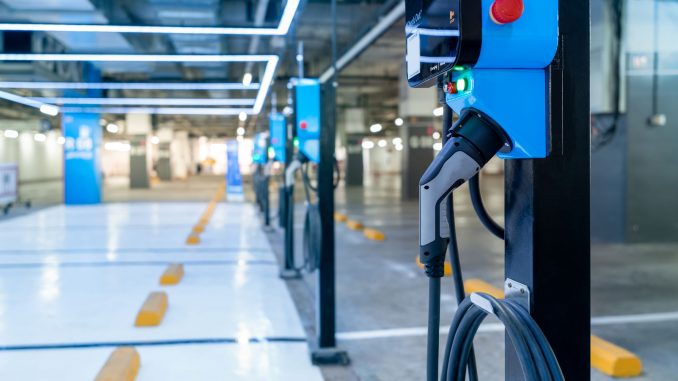
What the COVID crisis accelerated, the terrible situation in Ukraine is speeding up further. The realization that reliance on imported oil and gas needs to diminish as we pivot towards an electrified future. A future that needs to be realized from renewable resources.
This is obviously a benefit to StoreDot, as we’re on the brink of mass producing extreme fast charging batteries for future electric vehicles. But anyone in the battery ecosystem also needs to be cognisant of the need to localize our own supply chains.
Even before COVID, the whole concept of globalization was being put under stress. In turn, pushing up prices of raw materials and the finished products. Not by a small margin either. Leading analysts estimate that a typical 58 KWh cell pack for an electric car now costs $8000, a rise of $1500– with that extra cost typically putting around 3% onto the list price. Projections indicate that for every 20% rise in battery prices will add 4% to the price of a car.
This goes against what should be the natural order of nearly all consumer goods: that the combined forces of increased supply of batteries and increased demand for electric vehicles and energy storage will force prices down. This so-called ‘Greenflation’ could slow that demand, slowing the trajectory towards a zero-emissions world.
This situation is also throwing up the unpalatable fact that the global battery industry needs to get its house in order, not relying on a widespread supply chain to underpin future growth. Ukraine, for instance, is a major source of nickel, a key component for batteries. Most processed graphite and lithium still come from China. Shortages and price rises for any of these key ingredients will squeeze things further. A 40% price rise in just nickel, will add 4% to the cost of battery cells. Add in more cost increases for raw materials and price rises quickly spiral.

Batteries need dozens of materials, and if just one of those is lacking, it can halt whole production line – which of course this has ramifications all the way along the supply chain, right up to consumer.
The key word going forwards must be ‘localized’.
Source: StoreDot | Why localizing your supply chain will fast charge global EV adoption (store-dot.com)
